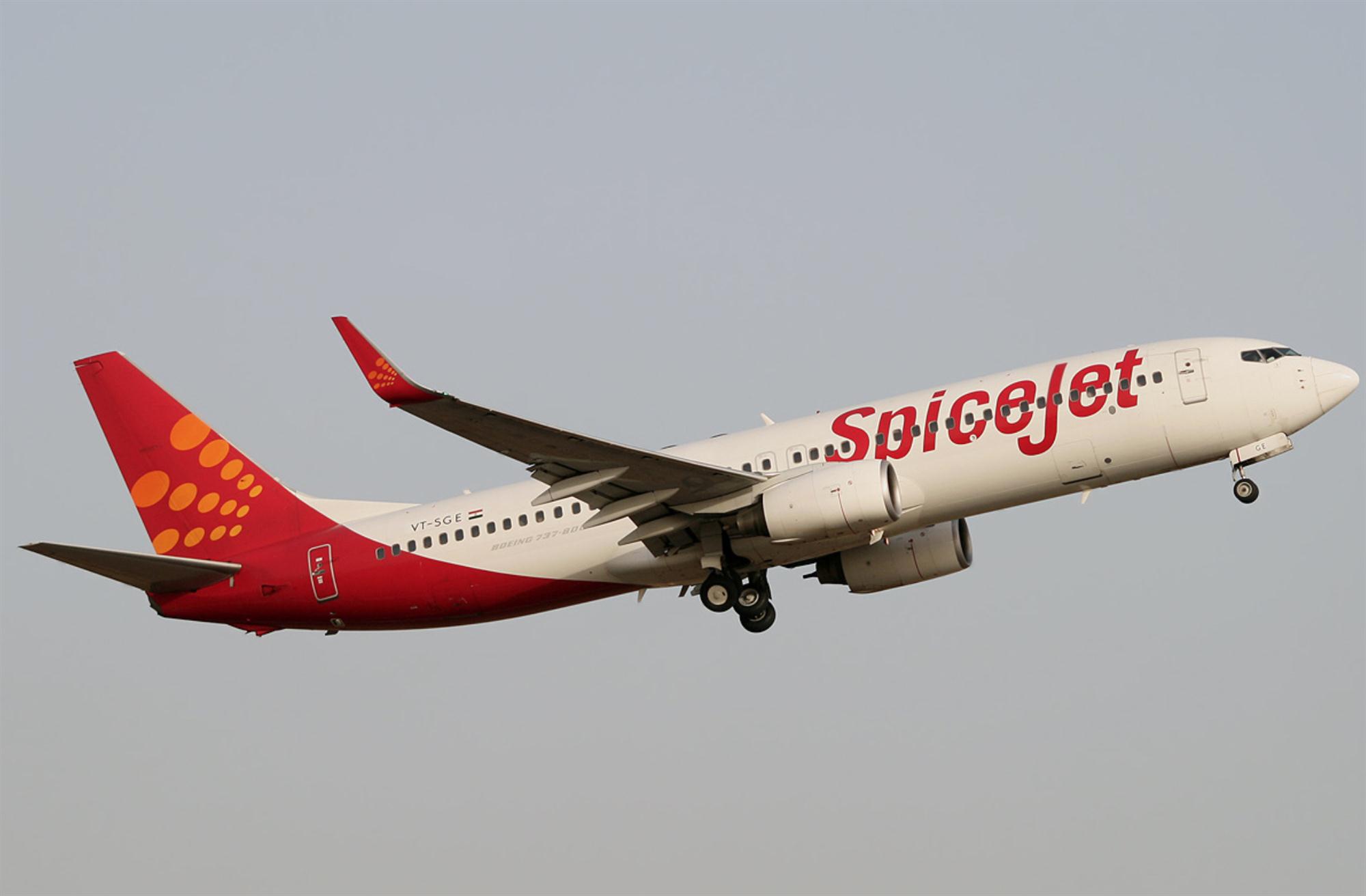In order to diversify its business, Indian low-cost carrier SpiceJet is planning to start a dedicated freighter service.
The company will use Boeing 737-800BCF aircraft for freighter operations; it will receive its first converted freighter this month.
The aircraft retrofitting is being done in Boeing’s Shanghai facility and at Israel Aerospace Industries. SpiceJet is the launch customer in India for the 737-800 freighter.
By 2022, SpiceJet aims to have 20 freighters in its fleet, operating both domestically and internationally. A SpiceJet official said that initially the airliner will start operations to major cities in India, and by next year, it would begin operating cargo flights to international destinations.
SpiceJet currently operates 58 aircraft; 23 are Bombardier Dash 8 Q400s and the balance are 737 variants.

Under the freighter conversion programme, Boeing converts passenger airplanes to freighters and looks at the current market in the country. The seats of the plane are removed creating space for cargo. Modifications also include installing a large main-deck cargo door, a cargo-handling system and accommodations for up to four non-flying crew members or passengers, the official said.
The 737-800BCF carries a load of up to 23 tonnes and has a range of 2,000 nautical miles (3,750 km). The freighter also offers operators newer technology, lower fuel consumption and better reliability than other standard-body freighters.
As the e-commerce sector continues to boom in India, there is huge scope for expanding cargo operations, as the current players are not able to meet the demand. Chennai-based Blue Dart Aviation is the only pure-cargo player in the Indian market, operating six 757-200PCF aircraft. Most of India’s air cargo capacity is limited to belly space in passenger airlines, all of which are seeing a surge in cargo income. A report from Mumbai-based investment and credit rating agency ICRA says that air cargo volumes are expected to grow by 60 percent over the next five years.
ICRA sector head for corporate ratings Harsh Jagnani said that growing e-commerce, improving air connectivity across small airports in the country and growth in GDP are expected to result in growth in air cargo traffic. Infrastructure bottlenecks remain a major constraint to the growth prospects of air cargo and the same need to be addressed.
However, sector analysts said that SpiceJet’s diversion may be a costly affair at a time when airlines are tackling the dual problem of a high fuel price and weaker currency.
By Jagdish Kumar
India Correspondent | Mumbai



